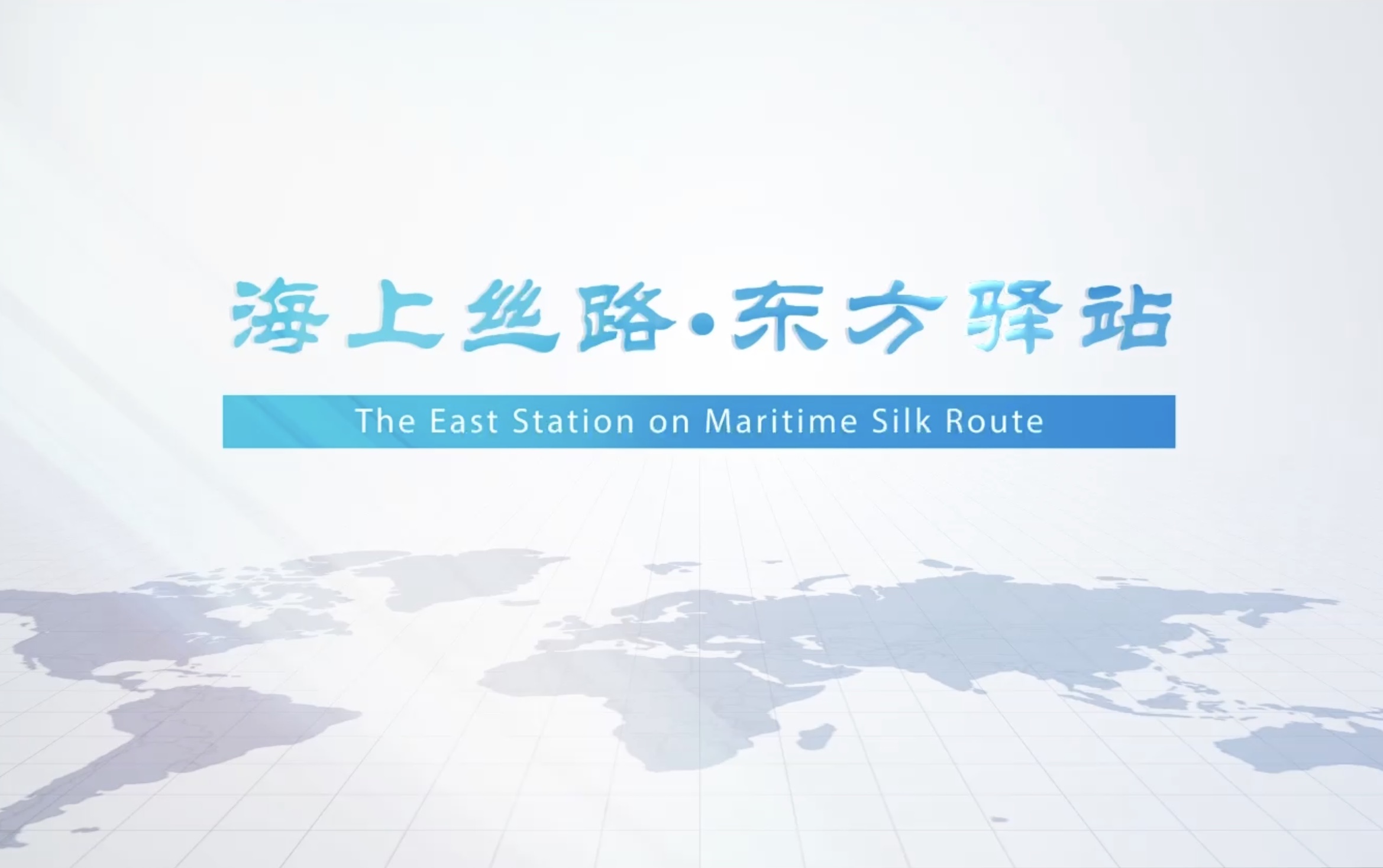Laytime Clauses 装卸时间条款
Other terms of the charterparty
租船合同中其他条文/条款
2.279 The question of what effect the other express terms of the charter have on determining a reasonable time in the circumstances was one of the questions raised in Carlton Steamship Co Ltd v. Castle Mail Packets Co Ltd, where Lord Herschell said:
Therefore it seems to me quite inadmissible to shut out any of the provisions of the charterparty which would render the time in certain circumstances longer, when you are inquiring whether more than a reasonable time has been taken.
2.279 在Carlton Steamship Co Ltd v. Castle Mail Packets Co Ltd案中的所提出的问题之一是:在当时情况下确定合理的时间时,租船合同中的其他明示条文起着什么作用?Herschell勋爵对此说:
因此,当您在询问是否超出了合理的时间时,我想,在特定背景下,绝对不能接受对该租船合同中的其他可能会导致超出合理时间的条文而置之不理。
2.280 He then went on to give an example of a restriction limiting loading to daylight, and asked whether that was to be ignored in determining a reasonable time, which clearly he felt it would not.
2.280接着,他举出了一个装货时间限制在白天的例子,并问道:在确定合理的时间时,这一条件是否可以置之不理?很明显,他认为不可忽视。

2.281 However, it is not all limiting clauses that will have this effect. Thus, in Hulthen v. Stewart in the Court of Appeal, it was held that a strike clause was unnecessary because the consignees had the necessary protection without it. In general, therefore, an exclusion clause will be unnecessary and ineffective in so far as it seeks to exclude something outside the control of the party for whose benefit it was inserted.
2.281 然而,不是所有的限制性条款都起着这种作用。所以,在审理Hulthen诉Stewart案时,上诉法院判定:罢工条款不是必需的,因为收货人已经拥有必要的保护而不是非它不可的。因此,为了自己的利益而插入除外免责条款的一方,试图靠此排除他所能控制之外的事项,通常来讲,这样的除外条款是不必要的,也是无效的。
2.282 On the other hand, a clause adding to the burden imposed by law will be upheld. An example of this is provided by Maclay and others v. Spillers & Baker Ltd, where a bill of lading provided that the goods were to be received by the consignee ‘‘immediately the vessel is ready to discharge and continuously at all such hours as the Custom House authorities may give permission for the ship to work, any custom of the port to the contrary notwithstanding’’. This, said the Court of Appeal, meant that immediately the ship was ready to discharge, there was an absolute obligation on the consignee to receive the cargo continuously, even though sufficient labour and dock appliances were not then available.
2.282但在另一方面,法律强制要求增加举证责任条款是必须执行的。例如在 Maclay and others v. Spillers & Baker Ltd—案中,提单规定:‘船舶一旦做好卸货准备,随后在此期间海关当局又给予卸货许可批准,不论该港有何相反的习惯规定’,收货人就应立即进行卸货。对此,上诉法院说,这意味着船舶一旦做好卸货准备,收货人就负有进行并连续进行卸货作业的绝对义务,即使装卸工人和码头设施出现不足也是如此。

Where customary laytime is exceeded
如果超出习惯装卸时间
2.283 Where the parties agree that loading and/or discharge shall be by customary laytime, they may also provide for demurrage to be payable for any period in excess. At one stage it was thought that a demurrage clause might provide evidence of an intention by the parties to fix laytime. In Castlegate Steamship Co v. Dempsey, after dismissing such an argument, Lord Esher MR then went on to say:
It has often been held that there cannot be demurrage days in the proper sense of the term, unless there is a fixed number of preceding lay days. In this charterparty there are no lay days properly so called; there is no fixed number of lay days. So we must construe the charterparty as meaning that the demurrage specified is to commence after the time when the cargo ought to be discharged as customary if all dispatch were used.
2.283当双方当事人同意按照习惯装卸时间进行装卸货作业时,他们也可以规定超出某一时间段而支付滞期费。首先人们也许会想到,滞期费条款可能只是作为双方订立固定的装卸时间条款意图的证据。但是,在Castlegate Steamship Co v. Dempsey—案中,上诉法院院长Esher勋爵拒绝接受这一论点,并阐述到:
人们常常以为,除非提前明确固定的装卸天数,否则不存在有某种意义上的滞期费条款。在该租船合同中,既无所谓的一定的装卸日,也无明确的装卸时间,所以,我们必须将这一租船合同的意思理解为:进行所有可能的尽职速遣之后,从货物本应该按照习惯卸完当时开始计算滞期费。
2.284 If the agreement between the parties does not mention demurrage, or no provision is made for laytime or there is no express agreement between the parties at all, so that customary laytime is implied by law, then any excess period will form the basis of a claim for damages for detention.
2.284 如果当事双方没提及滞期费,或者没订立装卸时间条款,或者双方之间根本就没有明文协议的话,这样,法律就会默示:按照习惯性的装卸时间为基础进行计算,那么,对于任何超出的时间是可以索赔这一滞期延迟损失。
Customary quick despatch
习惯性尽快速遣
2.285 Where the word ‘‘quick’’ is added to the phrase ‘‘customary despatch’’, this sets an average rate of discharge (or loading) which should be achieved at a particular berth, provided cargo operations are not interrupted by adverse weather, holidays or other extraneous reasons, or at least it has this meaning at some ports. In other words, it adopts what was argued in Ashcroft v. Crow Orchard Colliery Co and Wright v. New Zealand Shipping Co and defines what is meant by ‘‘as fast as is possible’’ in the definition of ‘‘customary despatch’’, but as with ‘‘customary despatch’’, the charterers are excused from performance where time is lost due to extraneous circumstances such as adverse weather and, if time is lost due to such causes, the loss falls against the owners. Presumably if the berth or port is not one where there is an accepted customary quick despatch (CQD) rate, then discharge on CQD terms is synonymous with discharge on customary despatch terms.
2.285当‘习惯性速遣’短语之中加入‘尽快地’这一单词时,这就要求在具体泊位应该达到一个平均卸货(或装货)速度,只要是货物作业不受恶劣天气,节假日或其他外在原因的干扰,或者至少在某些港口是这种意思。换句话说,针对在Ashcroft v. Crow Orchard Colliery Co and Wright v. New Zealand Shipping Co案件中争议的观点,正是采用了这种意思,并且在‘习惯性速遣’定义中把此单词限定‘尽可能快的’这一意思,但相比较‘习惯性速遣’,当时间损失是由于诸如恶劣天气之类的外在环境因素导致的,仍是判决免除承租人的履约责任,所以,如果是这种原因导致的时间损失,就由船东承担。假定,泊位或港口没有一个双方可以接受的习惯性尽力速遣卸货率的话,以‘习惯性尽力速遣CQD’进行卸货的条款是与‘习惯速遣’条款的意思是相同的。

《装卸时间与滞期费》购买链接(点击可购买)
海运圈聚焦专栏作者 魏长庚船长(微信号CaptWei)

 2018-07-09
2018-07-09 658
658 












